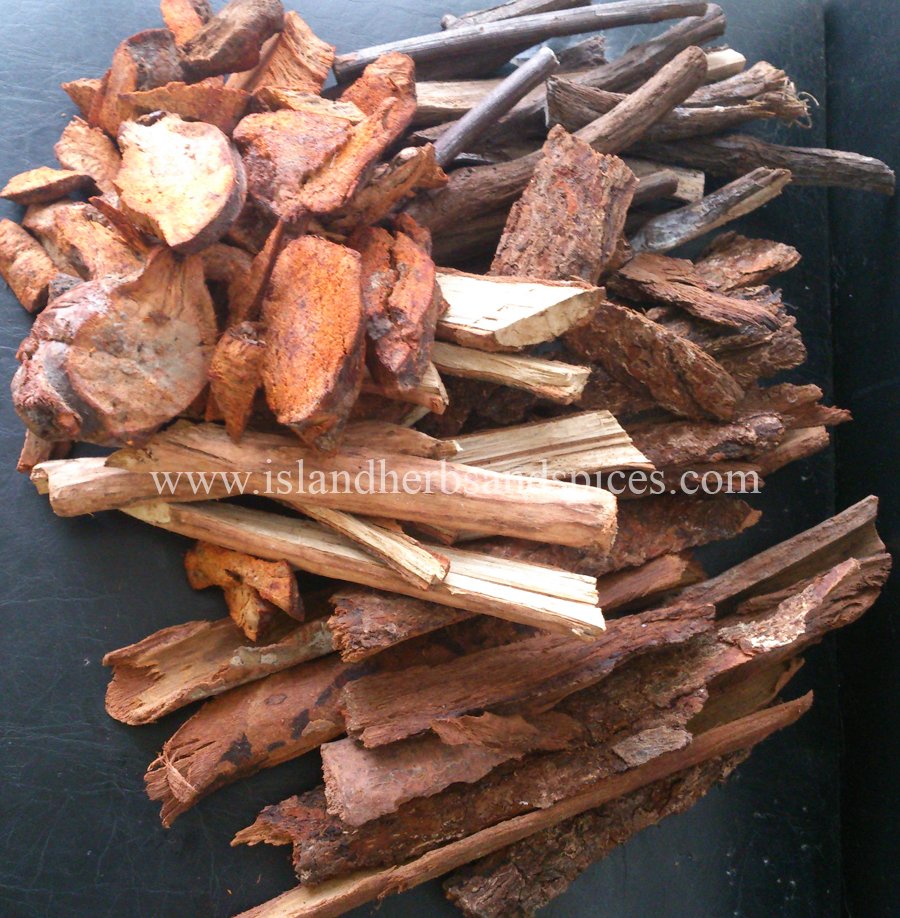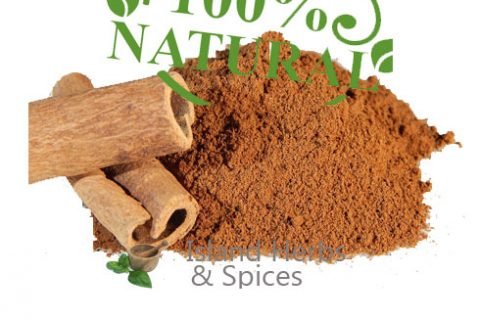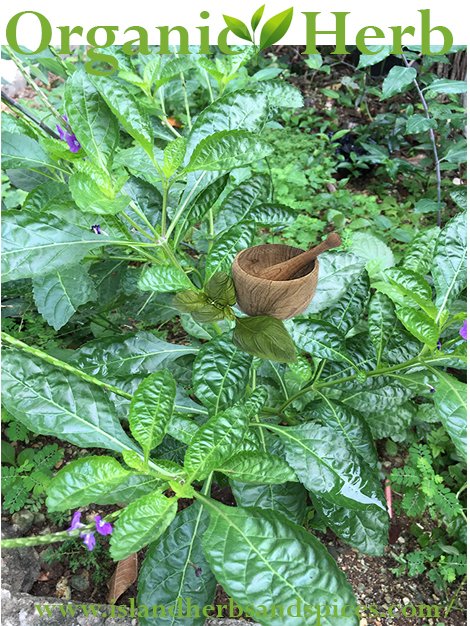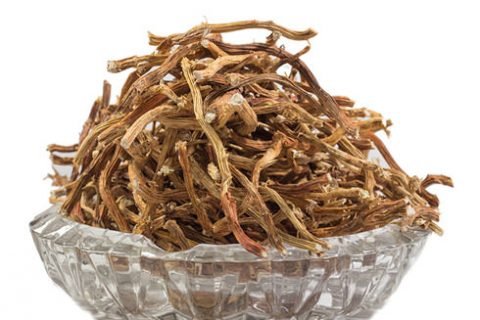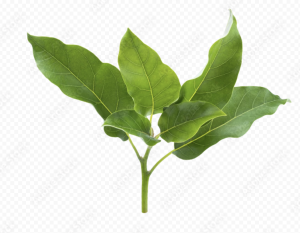 Diabetes, a chronic condition characterized by elevated blood sugar levels, has become increasingly prevalent worldwide. While conventional treatments include medication and lifestyle changes, many people turn to herbal remedies to complement their diabetes management plans. Herbal teas, in particular, offer a natural approach to help regulate blood sugar levels. This article explores ten herbal teas beneficial for diabetes, highlighting their properties and potential health benefits.
Diabetes, a chronic condition characterized by elevated blood sugar levels, has become increasingly prevalent worldwide. While conventional treatments include medication and lifestyle changes, many people turn to herbal remedies to complement their diabetes management plans. Herbal teas, in particular, offer a natural approach to help regulate blood sugar levels. This article explores ten herbal teas beneficial for diabetes, highlighting their properties and potential health benefits.
Guava Leaf Tea
Guava leaves are rich in antioxidants and have been used in traditional medicine to manage diabetes. The leaves contain compounds like quercetin that help lower blood sugar levels by inhibiting enzymes that convert carbohydrates into glucose. Additionally, guava leaf tea may improve insulin sensitivity, aiding in better glucose utilization. To prepare this tea, simply steep dried or fresh guava leaves in hot water for a few minutes.
Red Water Grass Tea
Red Water Grass, also known as Elephantopus scaber, is another herbal remedy used for its anti-diabetic properties. The plant contains phytochemicals that help regulate blood sugar levels and improve insulin sensitivity. Drinking red water grass tea can assist in reducing hyperglycemia, making it a beneficial addition to a diabetes management plan. To make this tea, boil the leaves in water and allow them to steep for 5-10 minutes.
Breadfruit Leaf Tea
Breadfruit leaves are a lesser-known but effective herbal remedy for diabetes. They contain compounds that can help reduce blood sugar levels and improve overall metabolic health. Breadfruit leaf tea is known for its antioxidant properties, which protect the body from oxidative stress, a common issue in diabetes. To prepare, boil the leaves in water and drink the infusion daily for the best results.
Mango Leaf Tea
Mango leaves are rich in tannins and anthocyanins, compounds that have been shown to have anti-diabetic effects. The leaves help in managing blood sugar levels by improving insulin production and reducing the absorption of glucose in the intestines. Mango leaf tea can be made by boiling fresh or dried leaves in water. Drinking this tea regularly can help stabilize blood sugar levels.
Avocado Pear Seed Powder Tea
The seeds of the avocado pear are often discarded, but they possess significant health benefits, particularly for managing diabetes. The seeds contain soluble fiber, which can help regulate blood sugar levels by slowing down the absorption of glucose. To prepare avocado pear seed powder tea, grind the seeds into a fine powder and steep it in hot water. This tea not only aids in controlling blood sugar but also offers anti-inflammatory benefits.
Avocado Pear Tree Leaf Tea
Similar to the seeds, the leaves of the avocado pear tree also have beneficial properties for diabetes management. They contain flavonoids and polyphenols that help lower blood sugar levels and enhance insulin sensitivity. Drinking avocado pear tree leaf tea can aid in reducing the risk of complications associated with diabetes. To prepare, steep the leaves in hot water for several minutes before drinking.
Jamaican Bitter Wood (Picrasma excelsa) Bark Tea
Jamaican Bitter Wood, known for its bitter taste, has been traditionally used to treat diabetes. The bark contains quassinoids, compounds known for their anti-diabetic properties. These compounds help lower blood sugar levels and improve glucose metabolism. To prepare this tea, boil the bark in water and drink the infusion. It is advisable to start with small amounts, as the bitterness can be quite strong.
Cerasee, or Momordica charantia, is an herb known for its medicinal properties, including diabetes management. The herb helps reduce blood sugar levels and improves circulation, which is often compromised in diabetic patients. Cerasee tea can be prepared by boiling the leaves in water. Regular consumption of this tea may help manage blood sugar levels and prevent complications related to diabetes.
Curry Tree Leaves (Murraya koenigii) Tea
Curry leaves, commonly used in cooking, also have significant medicinal properties. The leaves contain alkaloids and other compounds that help lower blood sugar levels and improve insulin function. Drinking curry leaf tea can assist in managing diabetes and reduce the risk of related complications. To prepare, steep fresh or dried curry leaves in hot water.
Insulin Plant (Costus Igneus) Tea
The Insulin Plant, also known as Costus Igneus, is renowned for its ability to help regulate blood sugar levels. The leaves of this plant are rich in corosolic acid, which enhances insulin sensitivity and lowers blood glucose levels. Insulin plant tea can be prepared by boiling the leaves in water. Regular consumption of this tea can significantly benefit those managing diabetes.
Conclusion
Herbal teas offer a natural and complementary approach to managing diabetes. While these teas can provide beneficial effects, they should not replace conventional treatments prescribed by healthcare professionals. It is essential to consult a healthcare provider before incorporating herbal teas into your diabetes management plan, as they may interact with medications or affect individual health conditions. With proper guidance, these herbal teas can be a valuable addition to a holistic approach to diabetes care.






